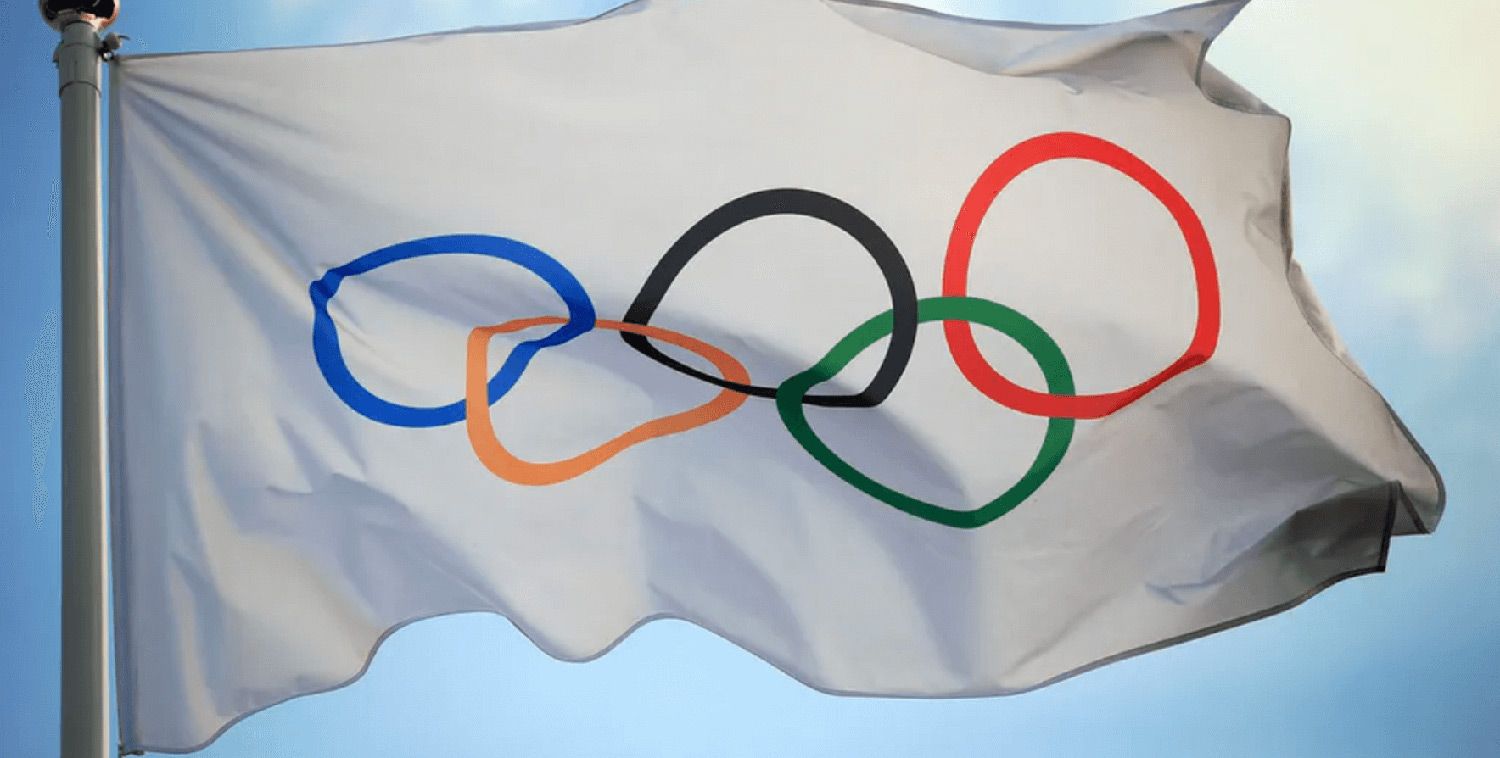|
A lot of people were lining up to flog the IOC for taking such a long time to agree to what seemed an inevitable decision. But, if you get inside the complicated matrix of how these mega events are hosted [and paid for] and the interplay of all of the political, cultural, legal and commercial relationships, that’s simply not reasonable. The trick is to carry everyone [or as many as you can] from the inflection point when the decision is made – not to confuse or scare the market by floating trial balloons or by giving running commentary on the discussions.
Thomas Bach and the IOC could hardly ever be accused of understating the value and worth of the Olympic movement. This is an organisation that still faithfully commands all war to cease for the duration of the Games – the so-called Olympic truce. So it is truly jarring to hear the IOC president talk of what the postponement would mean and admit in the video link, ‘We have no blueprint’.
For the IOC, that ‘no blue print’ admission is a humbling position to be in, not one they would ever wish to be in, but explains why they and so many others are now basically feeling their way forward. Full marks to the IOC for making that clear.
For the rest of us – and, boy, this is not easy to write because at DAIMANI we pride ourselves on our customer focus – we just need to step off the gas pedal of criticism for a little while. What lies ahead is monumentally complicated task and not one that can be flipped in the attention span of many in the Twittersphere. If you’ve ever tried, on a Wednesday night, to change a prepaid table-for-ten booking at the most popular restaurant in your city from a peak Friday night to the Saturday night following, you’re getting somewhere close to understanding.
Bach and the IOC deserve to be given the time he has asked for in his video address, plus the goodwill necessary, to ‘put this huge jigsaw puzzle together’.
Unfortunately, from the perspective of the Live Event industry, the perfect storm scenario falls NOW. And it falls like a ton of bricks on a network of travel entities called Authorised Ticket Resellers. [For a full list of those ATRs please click here.Full disclosure – DAIMANI is not an ATR but works regularly with a number of ATRs on Olympic and non-Olympic VIP hospitality business.]
ATRs are the critical connective tissue in the whole Live Event ecology of the current Olympics. They are charged with enabling a purchaser from one side of the world to buy a guaranteed, authentic ticket plus accommodation to attend a Games on the other side of the world. Though the IOC is considering overhauling the ATR structure in the future, for this Games they represent the only legitimate channel to access official tickets [and official VIP hospitality] in their respective appointed territories.
Sales for Tokyo 2020 were clearly on course to eclipse by a comfortable margin the previously most popular Summer Games, London 2012. As recently as the end of January this year, Ticket News said that ATR CoSport [whose main territories are the USA, as JetSet Sport, and Australia] were more than 50 percent on their London numbers.
Here is the rub though: The postponement comes so close to the event that the majority of contracted services, like accommodation, ticketing and destination management, are wholly or mostly paid out, by the ATRs who are passing through booked-clients’ money, having been on risk themselves for many months prior to the event. Or to put it another way: Imagine the ATRs standing at the centrepoint of a seesaw. Up until the start of this year, the seesaw was tipped down in the direction of Collect Client Money. But for the past weeks and independent of the coronavirus, the pivot had already started, and the ATRs have seesawed to Paying Out Client money to various service providers in Japan.
What happens to the clients who have engaged with the Olympics through these official channels, and obviously their money, is an issue we all need to be on top of. We’re not talking about the billions of dollars direct income to the Olympic movement generated by the IOC’s media and sponsorship deals. But we are talking about potentially billions of dollars of ticket and travel expenditure that is somewhere out there now, moving from one balance sheet to another and on to another, in a lot of cases having left the client, wholly or mostly passed through the ATRs, and on to their Japan-side providers, contractors and subcontractors.
So the critical question is: How does this money get protected and rolled over to 2021, and how can the IOC and Tokyo 2020 do this in a manner that upholds the value of official Live Event appointments like the ATRs when, on the other side of the tracks, all the secondary ticket market have to do is press Refund?
|


